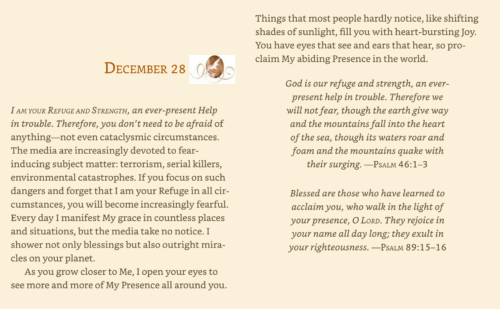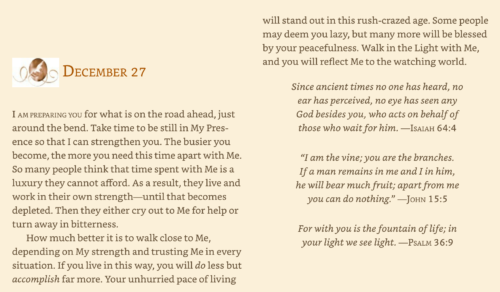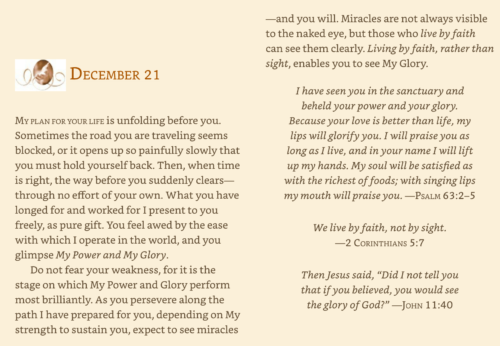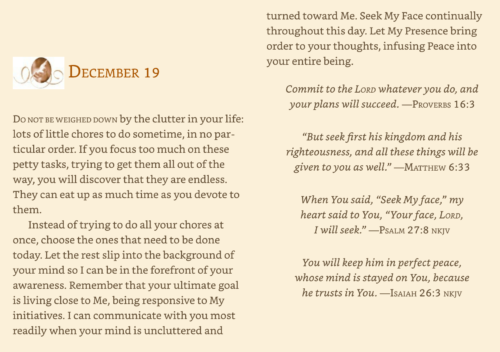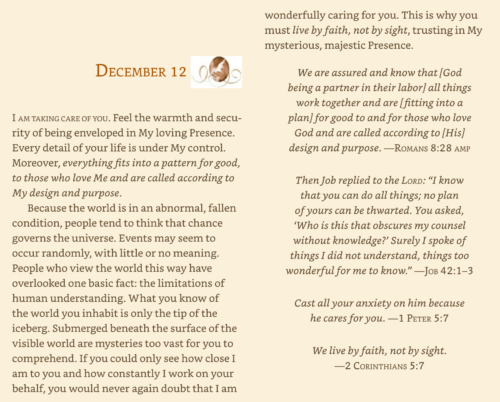In this homily, Father Richard illustrates our inherent union with God—and the small self that keeps us separate.
We go through our lives, our years on this earth, thinking of ourselves as separate. That sense of separateness basically causes every stupid, sinful, silly thing we ever do. The little, separate self takes offense when people don’t show us proper respect. The separate self lies and steals and does unkind things to other people. When we’re separate, everything becomes about protecting and defending ourselves. It can consume our lives.
One word for overcoming that false sense of separateness, that illusory self, is heaven, and, quite frankly, that is what death offers us. It is simply returning to the Source from which we came, where all things are One. The whole gospel message is radical union with God, with neighbor, and even with ourselves. I think that’s why so many of us are drawn to church each week—to receive communion and to eventually, hopefully, realize that we are in communion.
Probably no gospel story says this more clearly and forthrightly than the parable of the vine and the branches (John 15:1–10). Jesus says, “I’m the vine, God is the vine grower, and you (we) are the branches.” As long as we remain in that relationship, we are in love and in union. Whenever we do anything unloving, at that moment, we’re out of union. Even if it’s just a negative, angry, or judgmental thought, we’re doing that out of a sense of disunion—always! And Jesus is very clear. He says that state is useless. Once the branch is cut off from the vine, we might as well throw it into the fire because it’s not going to bear any fruit. He’s not making a threat. He’s just talking practically, as if he were the vineyard owner.
Now, that’s a pretty strong statement about us and the choices we make from that unnecessary state of separateness. We have never been separate from God except in our thoughts, but our thoughts don’t make it true! Nor are we separate from anyone else. Whatever separates us from one another—nationality, religion, ethnicity, economics, language—those are all just accidentals that will all pass away. We are One in God, with Christ and with one another. “I am the vine and you are the branches” (John 15:5). If only we could live that way every hour!
We all pull back into ourselves. We pout and complain and resent and fear. That’s what the little self does. The little self, the branch cut off from the vine, can do nothing according to this gospel. So Jesus says, “Remain in me as I remain in you” (John 15:4). The promise is constant from God’s side. The only question is from our side. Do we choose to live in that union? Every time we do something with respect, with love, with sympathy, with compassion, with caring, with service, we are operating in union.
____________________________
Sarah Young
Trust Me with every fiber of your being. What I can accomplish through you is proportional to how much you depend on Me. Trust Me in all your decisions and circumstances. Surrender, connect with Me in all your circumstances and live through connection.
Psalm 40:4 Blessed is that man who makes the Lord his trust, And does not respect the proud, nor such as turn aside to lies
Psalm 56:3-4 When I am afraid, I put my trust in you. In God, whose word I praise— in God I trust and am not afraid. What can mere mortals do to me?
Psalm 62:8 Trust in him at all times, you people; pour out your hearts to him, for God is our refuge.
Isaiah 26:3-4 You will keep in perfect peace. those whose minds are steadfast, because they trust in you. 4 Trust in the Lord forever,
